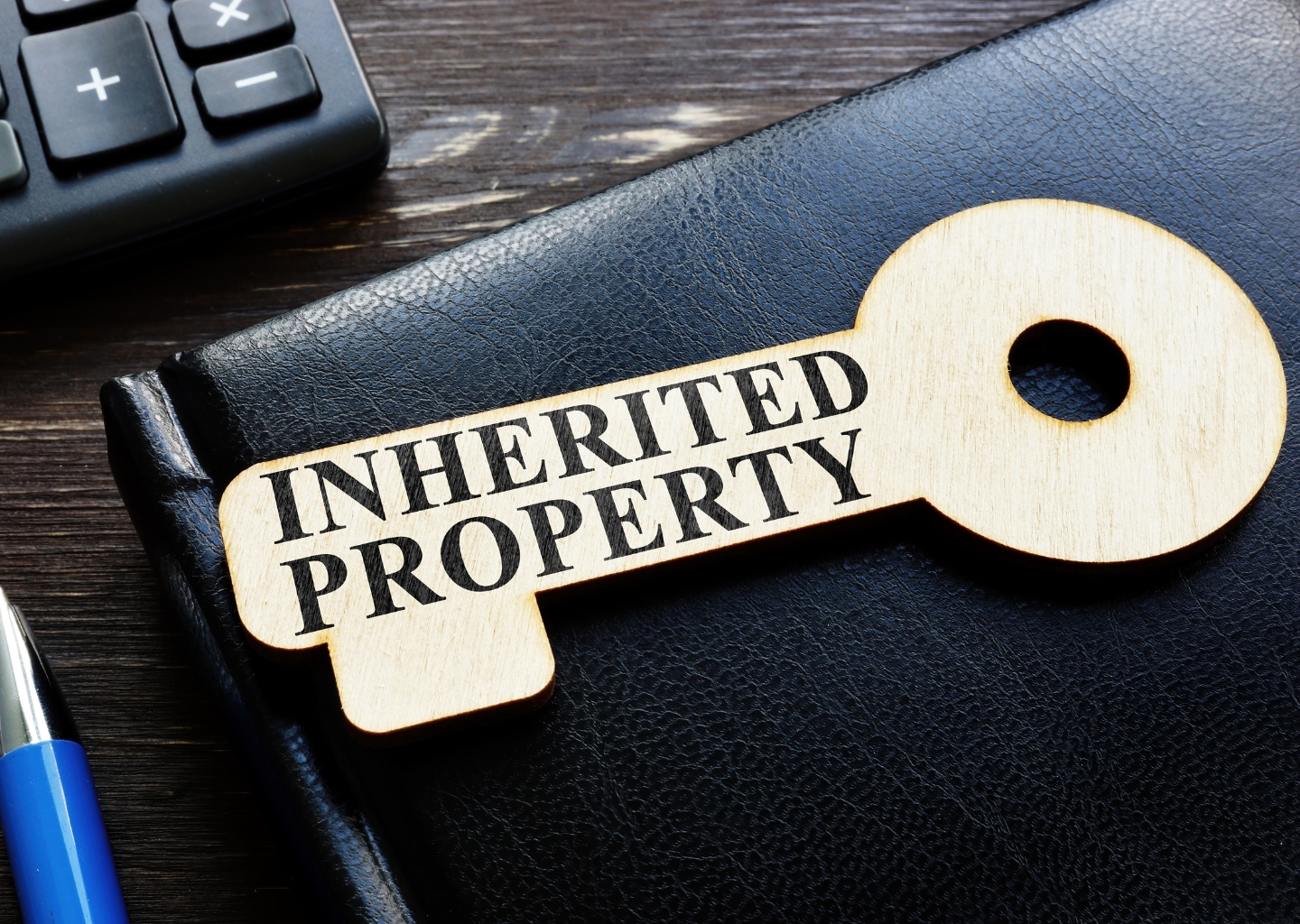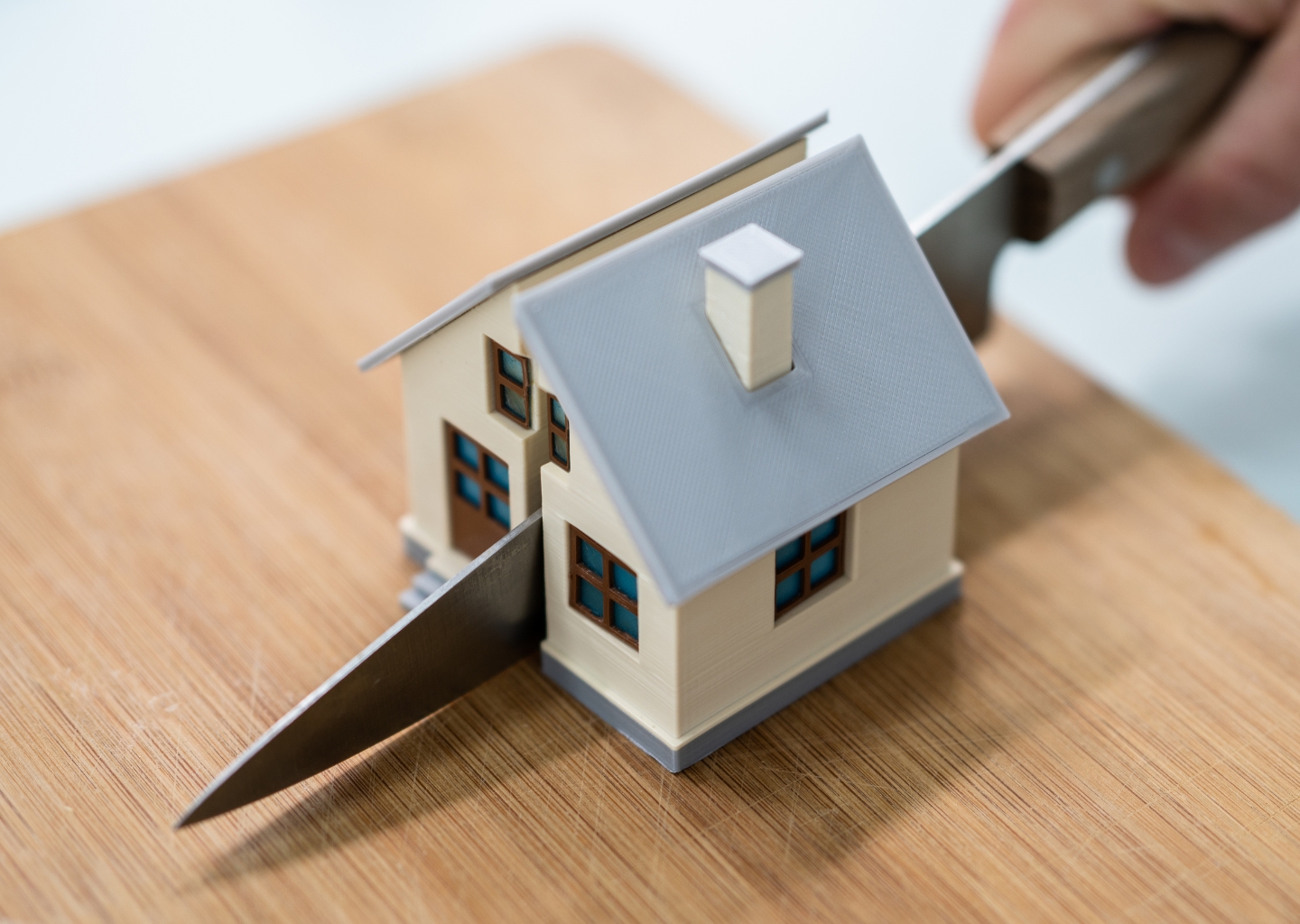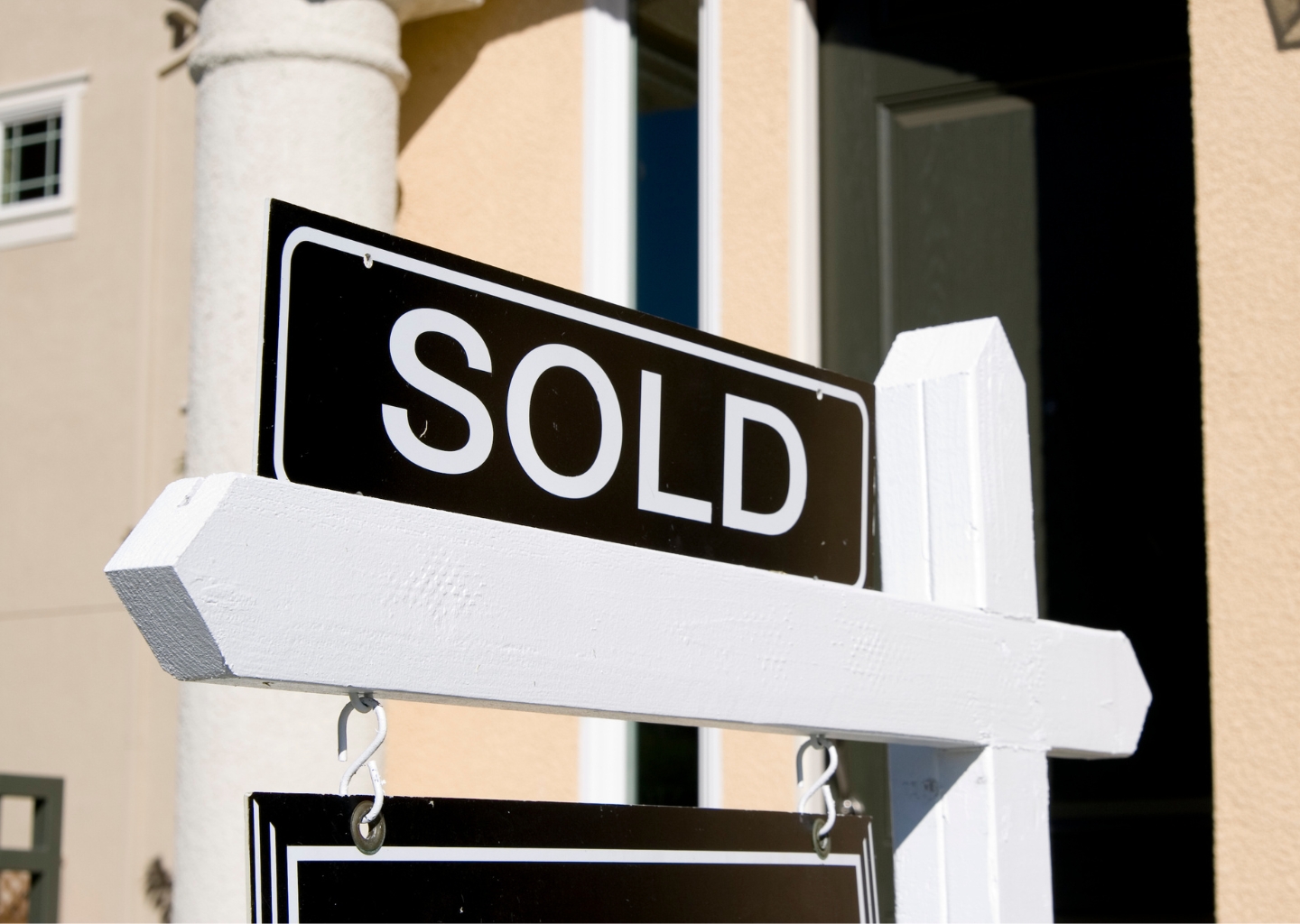Blog
Setting the Right Price in Pittsburgh

Introduction
In today’s competitive real estate market, setting the right price in Pittsburgh is more than simply a number; it’s an approach. Whether you’re a seasoned seller or just starting out, properly pricing your property is essential for attracting buyers, generating bids, and finally closing a successful transaction.
This essay delves into the important aspects of pricing a home efficiently in the Pittsburgh, PA market. From market trends to emotional pricing traps, this guide will teach you everything you need to know about pricing to sell quickly and profitably.
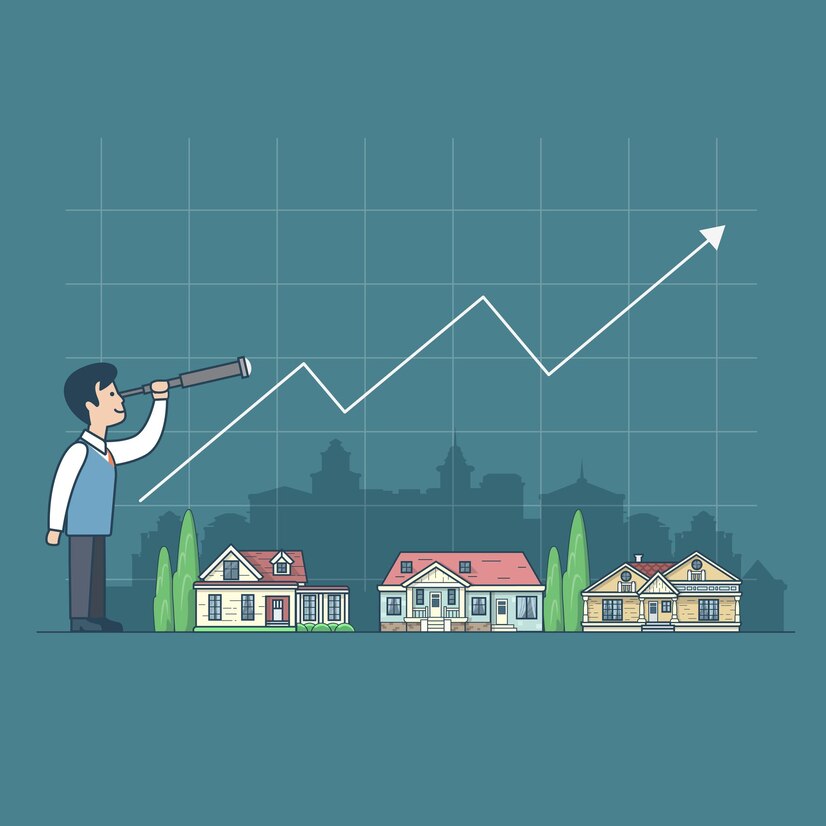
Understanding Pittsburgh’s Real Estate Market
Before delving into the numbers, it’s critical to appreciate the distinctive nature of Pittsburgh’s real estate sector. Pittsburgh is known for its ancient areas, eclectic architecture, and quickly growing suburbs. Property values vary depending on location, school districts, and proximity to downtown.
Shadyside, Squirrel Hill, and Mt. Lebanon often attract higher listing prices due to their elegance and convenience. Meanwhile, the value of neighborhoods like Lawrenceville, Bloomfield, and East Liberty has skyrocketed as a result of rehabilitation and increased buyer demand.
However, even within the same ZIP code, prices can vary significantly depending on home condition, square footage, and additions. That’s why setting the right price in Pittsburgh necessitates local knowledge and a thorough examination of similar sales.
The Risk of Overpricing
It’s understandable for sellers to want top money for their home, especially if they’ve made considerable changes or have strong personal attachments to it. However, overpricing can have a negative impact very rapidly.
Overpriced homes may sit on the market for longer than necessary. As the days pass into weeks or months, buyer interest fades and the listing becomes stale. Potential purchasers may assume there is a problem with the home or wait for a price reduction, resulting in a sale below market value.
A properly priced home, on the other hand, tends to generate greater attention right away, often resulting in numerous offers or bidding wars. In a hot market like Pittsburgh, especially during peak selling seasons (spring and summer), selecting the correct price can generate urgency and demand.
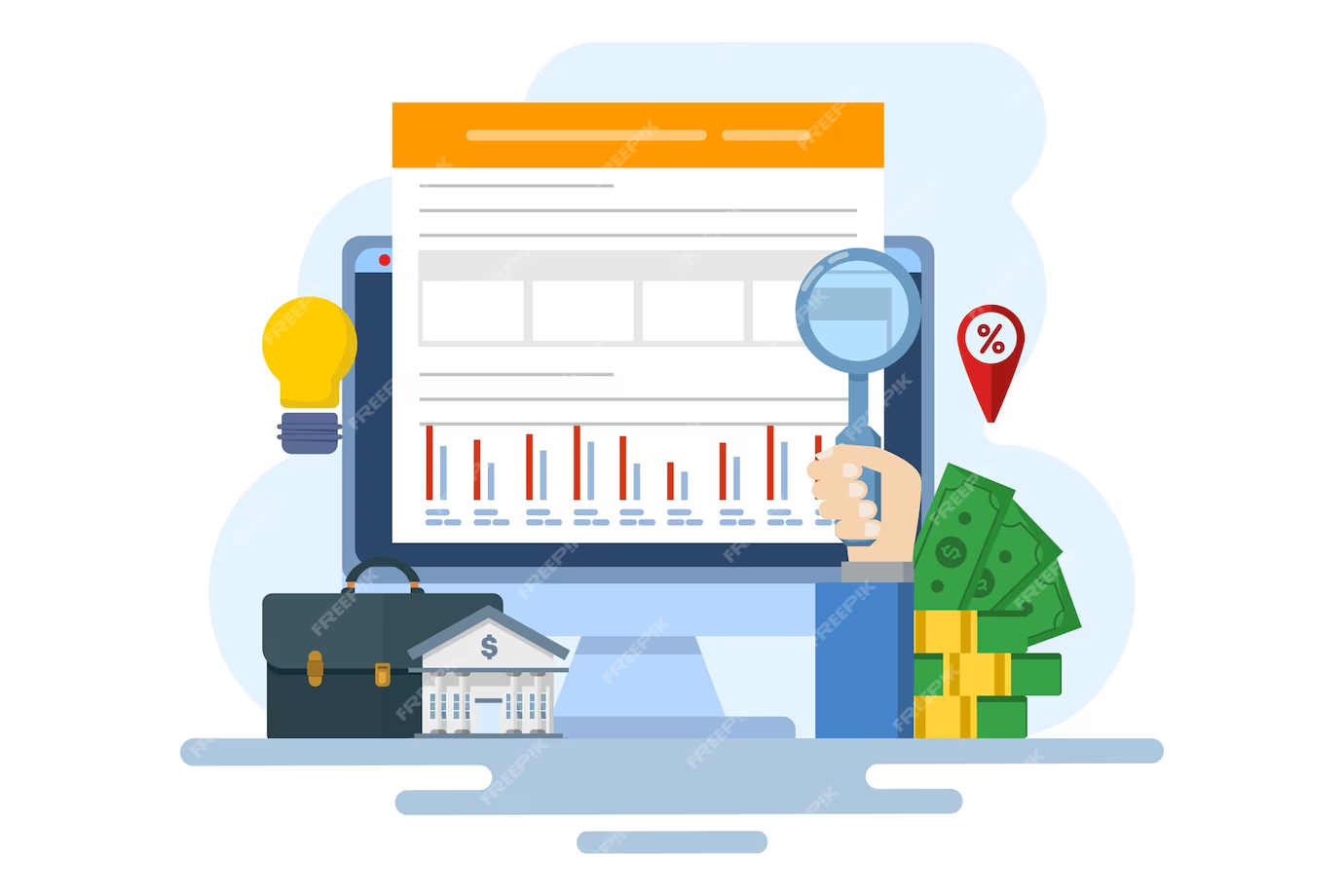
Evaluating Comparable Sales (Comps)
One of the most successful techniques to evaluate a home’s market value is to examine recently sold properties in the area, sometimes known as “comps.” These properties should have similar sizes, conditions, ages, and locations.
Real estate brokers frequently examine transactions within a one-mile radius and within the previous three to six months when setting the right price in Pittsburgh. They also examine differences in renovations, amenities, and land size. A finished basement, refurbished kitchen, or new roof can have a substantial impact on cost.
Online tools and platforms provide general estimates, but nothing surpasses a comparative market analysis (CMA) from an experienced local agent. Pittsburgh’s housing inventory, buyer preferences, and even seasonal trends all contribute to the equation.
Factoring in Market Conditions
In addition to comparable sales, current market conditions have a considerable impact on pricing decisions. Is it a buyers’ or sellers’ market? What is the typical number of days a home stays on the market? Are mortgage rates increasing or decreasing?
In a seller’s market, where demand exceeds supply, sellers can often price somewhat higher than market value while still attracting interest. In contrast, a buyer’s market might necessitate more competitive pricing and concessions.
Pittsburgh, while more cheap than many other urban regions, experiences variations in activity. Keeping a watch on interest rates, local employment trends, and development projects can help sellers predict price changes and adjust accordingly.
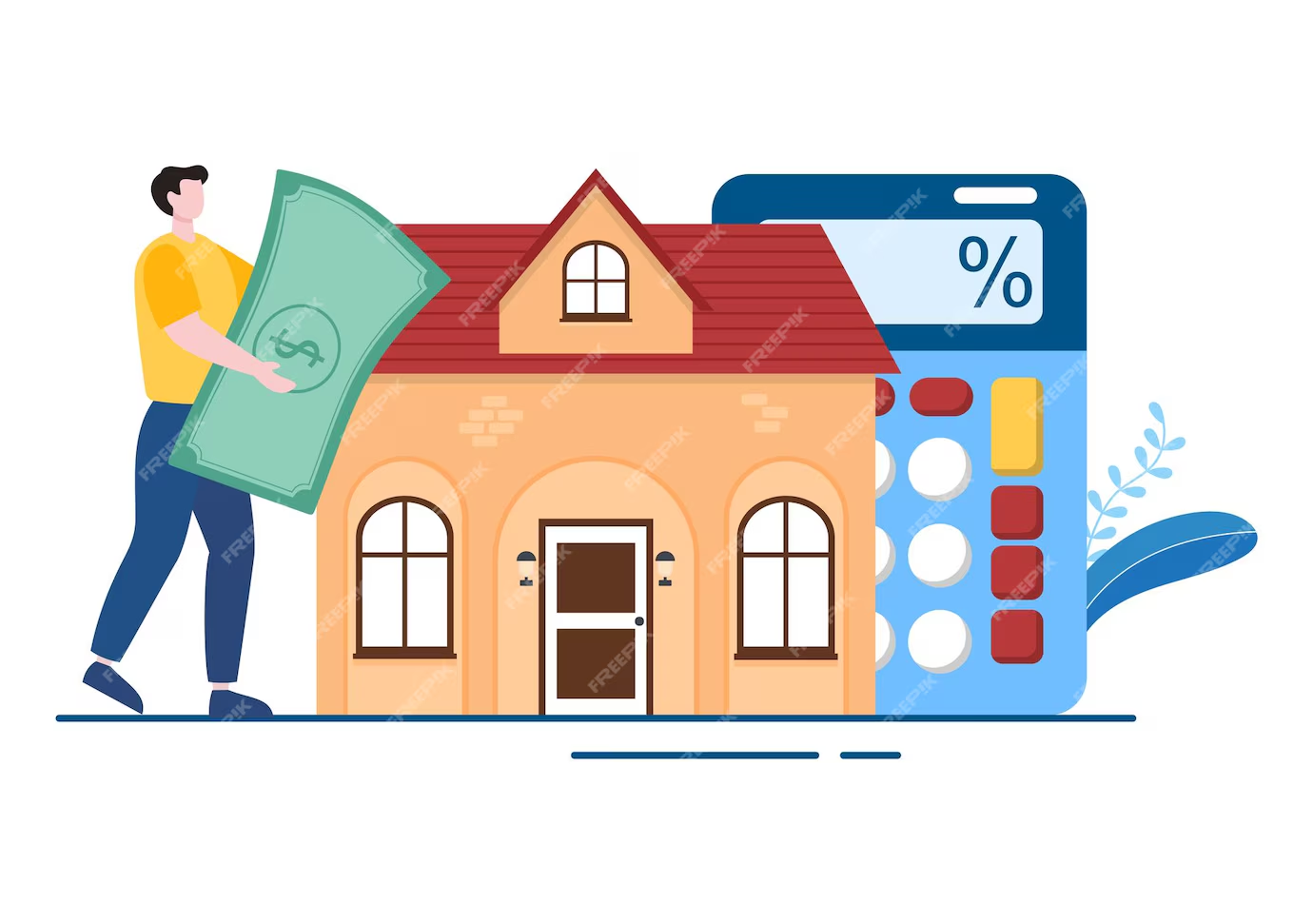
The Psychology Behind Pricing
Pricing, believe it or not, is more than simply a numbers game. It is also psychological. Certain pricing points are naturally more appealing to purchasers. For example, listing at $299,900 rather than $300,000 can make the property appear more cheap and may result in more searches on listing platforms where buyers set maximum price limits.
Similarly, round numbers and intentional price reductions can generate momentum. For example, if a home does not sell within 10-14 days, a minor price reduction can rekindle interest, especially if it places the property in a new search bracket.
When setting the right price in Pittsburgh, it’s critical to combine the seller’s financial goals with how purchasers perceive value. A home that looks to be “priced to sell” generally generates more foot traffic, resulting in competition and ultimately raising the final sale price.
Emotional Detachment is Key
Emotional pricing is one of the most difficult hurdles that merchants confront. After years of living in a home and investing time and money, it’s difficult not to see the property with rose-colored glasses.
However, consumers do not have this emotional attachment. They evaluate homes based on their value, location, and how well the property matches their requirements. That is why setting the right price in Pittsburgh requires objectivity. Trusting your realtor, reviewing comps, and taking an objective look at your home’s condition are all critical stages in removing emotion from the situation.
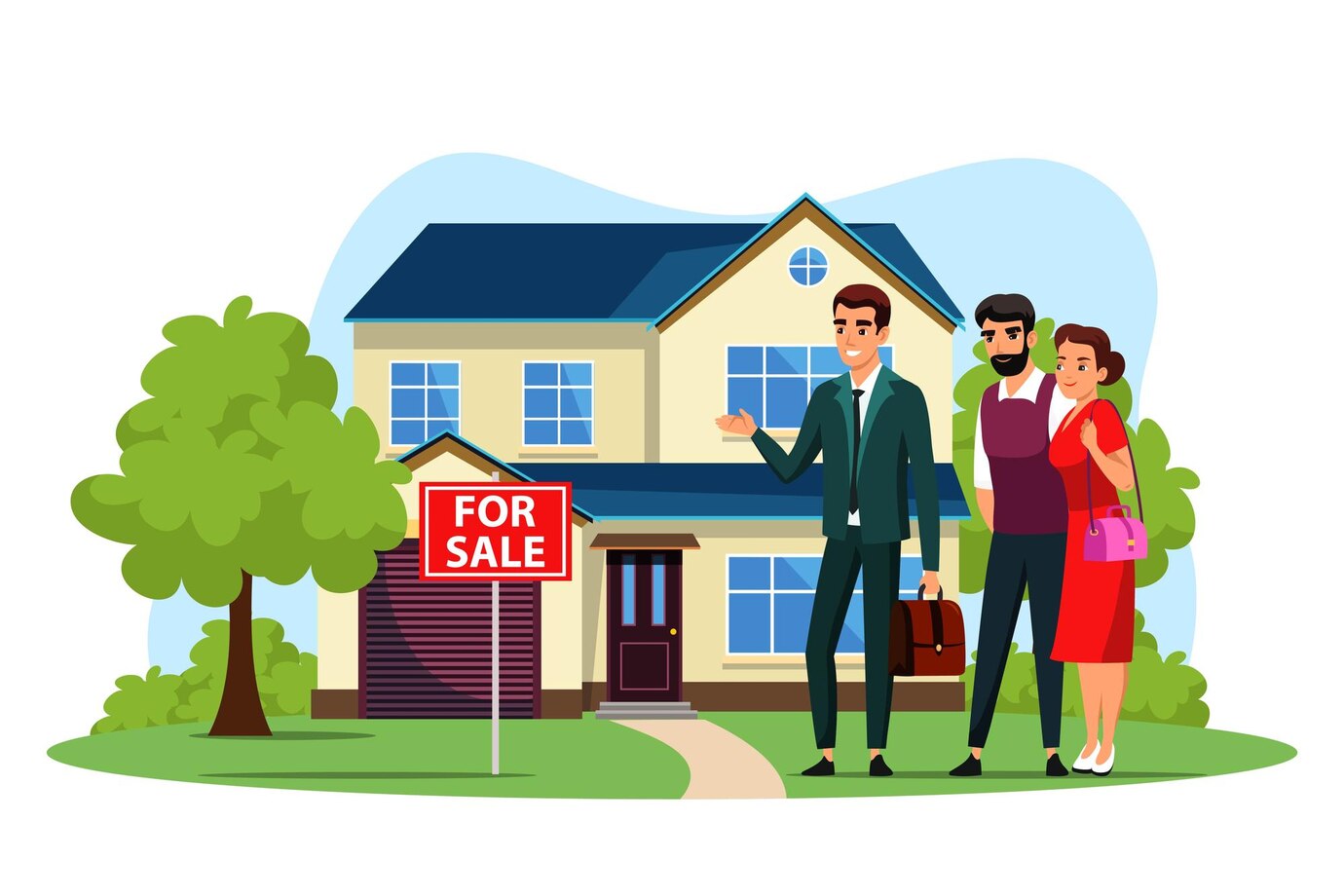
The Role of Real Estate Professionals
Partnering with a local real estate specialist is one of the best decisions a seller can make. Agents provide not only experience and understanding of Pittsburgh communities, but also access to professional tools and insights that the average homeowner lacks.
A seasoned agent will create a complete CMA, assist you in navigating market shifts, and recommend the most competitive list price. They also understand how to properly market your home, including expert photography, staging guidance, and digital advertising to increase exposure.
When it comes to setting the right price in Pittsburgh, having an advocate on your side can mean the difference between a swift sale and an unpleasant process.
Strategic Pricing for Unique Properties
Not every house fits the traditional mold. Historic residences, premium properties, and houses with distinctive features may not have perfect comps. In these situations, pricing becomes even more crucial.
Sellers should rely on agent experience, consider appraisals, and expect a little longer selling period. The idea is to highlight distinct selling aspects in marketing materials while remaining realistic about how specialist features may limit the customer pool.
Still, Pittsburgh’s housing diversity—from 19th-century Victorians to modern lofts—means that there is a buyer for every type of home, as long as the price is reasonable in relation to perceived value.
Timing and Price Adjustments
Even with the finest planning, not all homes sell right away. That is why tracking exhibiting activity, online interaction, and market feedback is critical. If your home receives few inquiries or showings during the first two weeks, it may be time to reconsider the price.
Price reductions, while not ideal, can be effective tools when used carefully. The goal is to avoid waiting too long. Buyers keep track of how long a home has been on the market, and longer timelines frequently result in lowball offers.
Conclusion
Pricing in real estate is a continuous strategy rather than a one-time event. For Pittsburgh homeowners, determining the proper price entails understanding the market, trusting the data, and thinking like a buyer.
The appropriate pricing creates enthusiasm, encourages showings, and frequently results in speedier sales at better terms. On the other hand, the improper pricing might lead to missed chances and increased stress.
Whether you live in a busy neighborhood like the Strip District or a quiet suburb like Upper St. Clair, pricing your house correctly is the single most essential decision you’ll make when selling. Work with a reputable agent, be flexible, and remember that your initial pricing is frequently your greatest chance to create a lasting impression.
Related articles
Let Us Make this Easier for You.
You don’t have to figure it all out today. We’re here to help you take the next step. No pressure. Just real help when you need it most.
"*" indicates required fields

